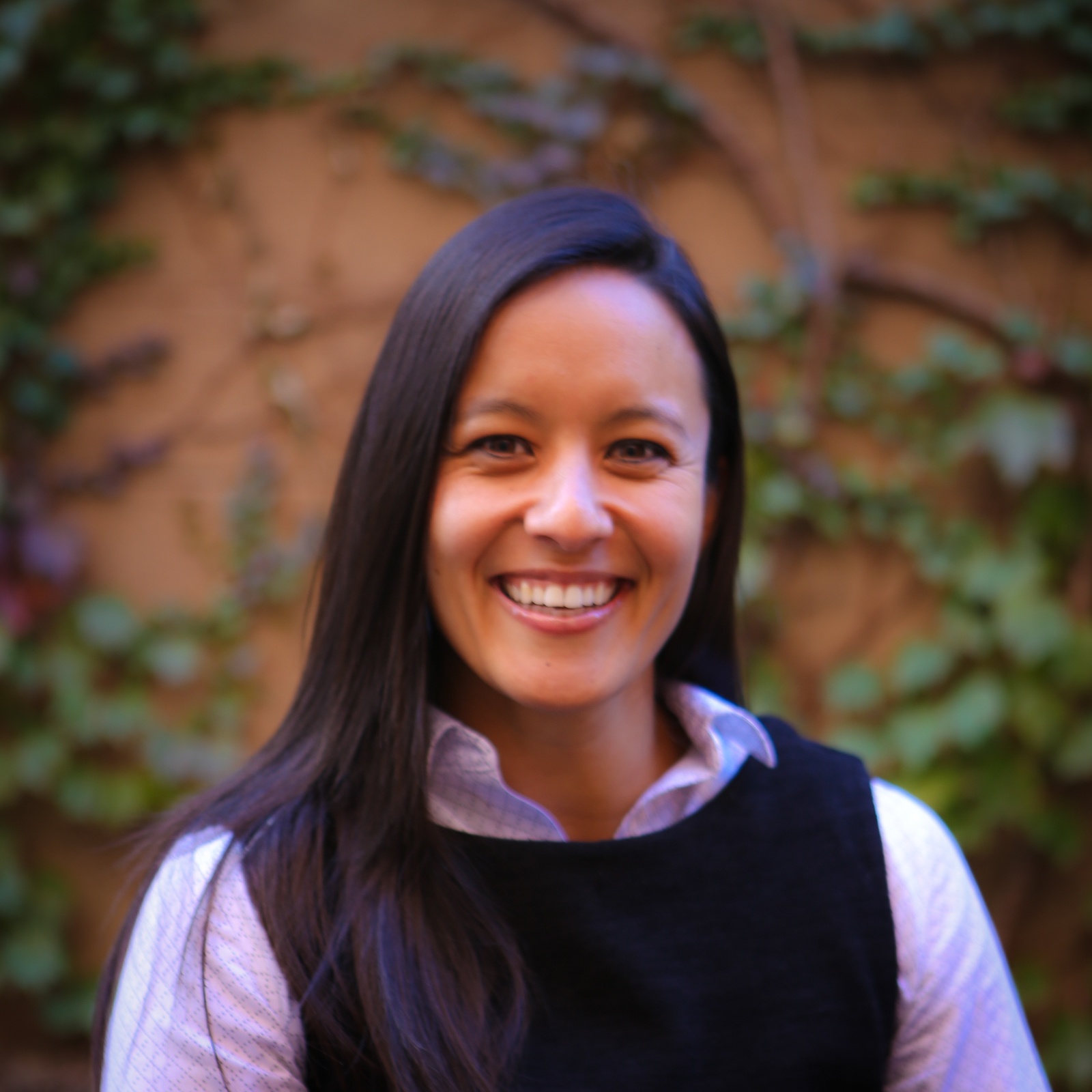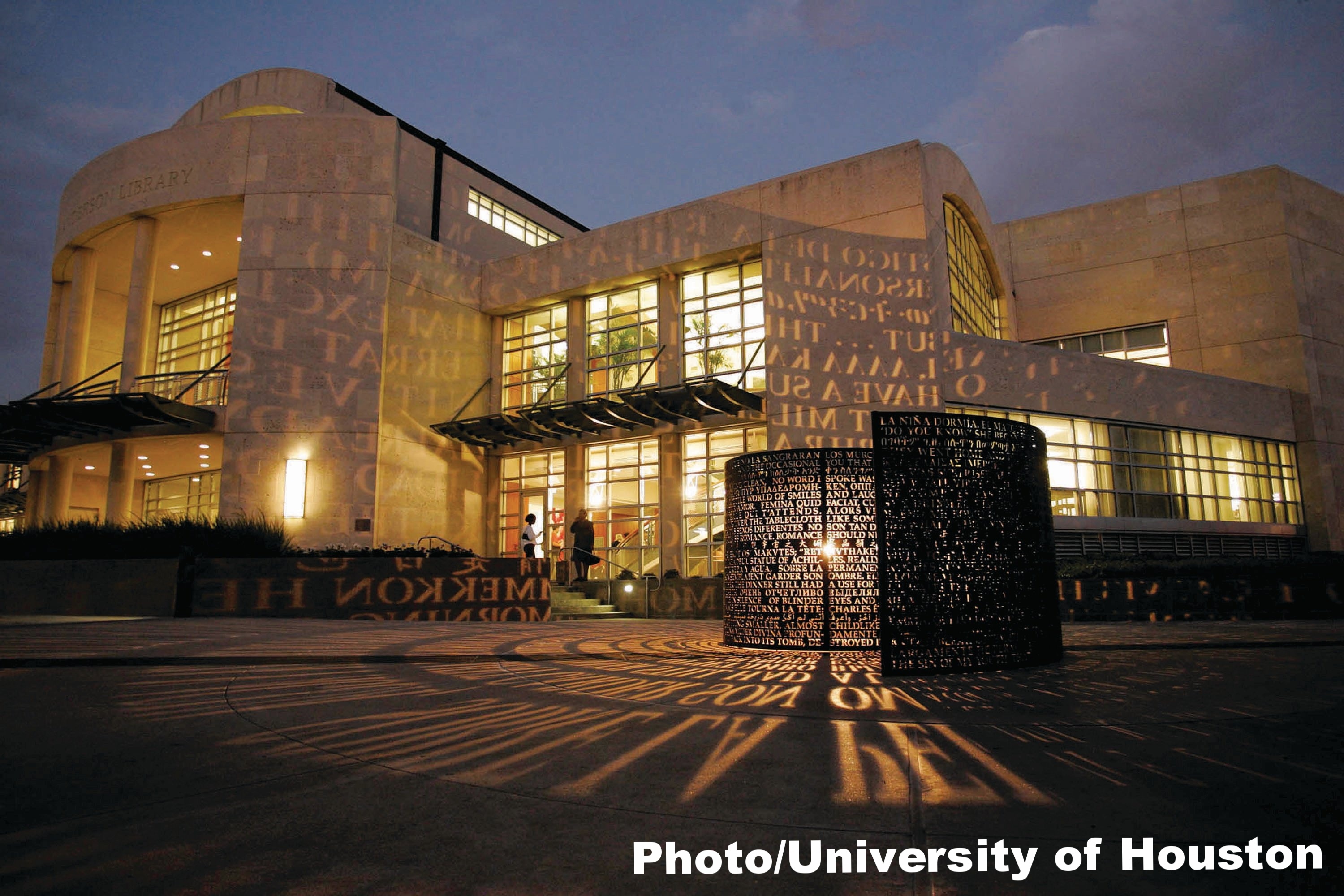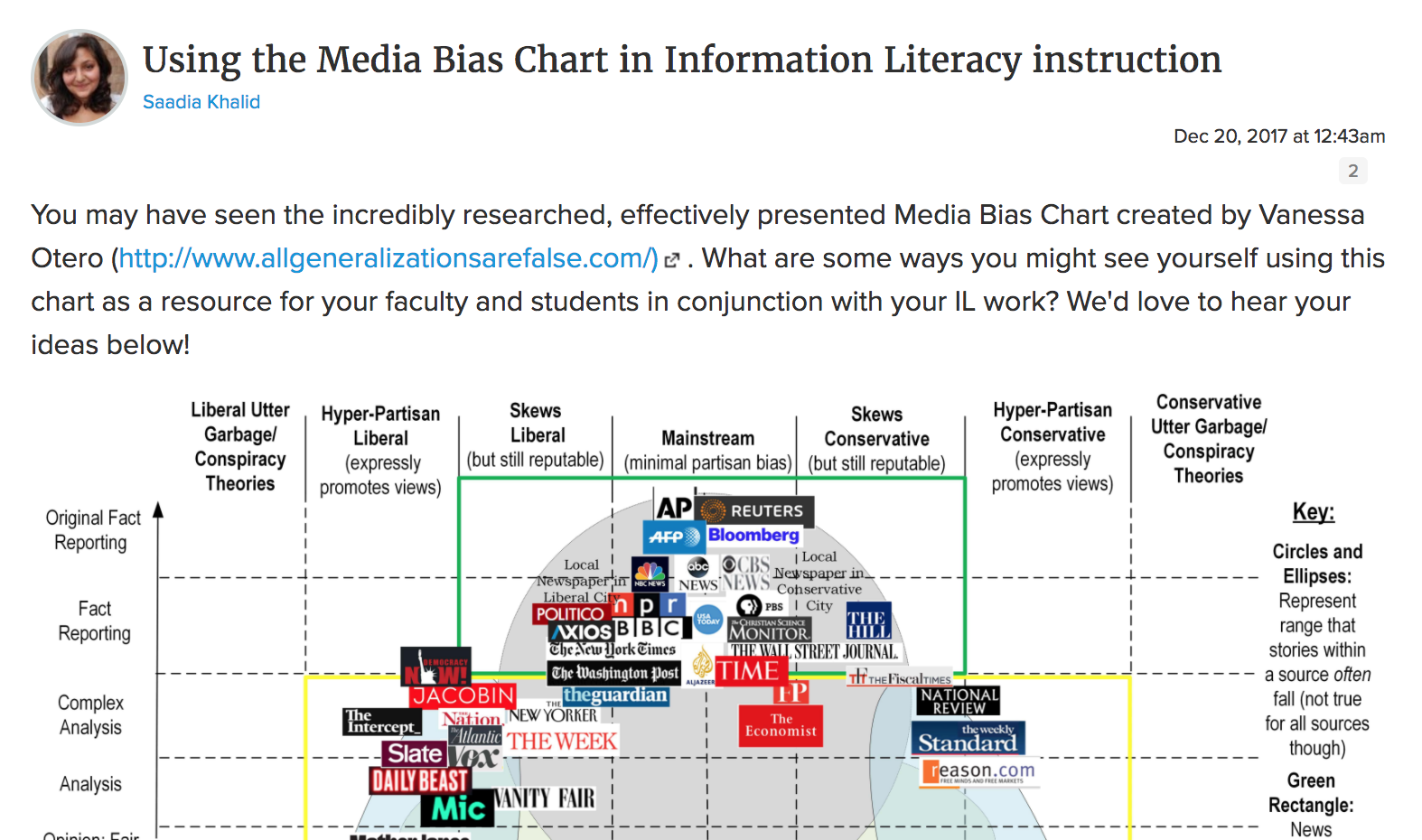Join the InfoLit Learning Community now. Already a member? Log in here.
Part of any robust information literacy program is an emphasis on critical thinking. It’s not enough to know how to do a search—students need to evaluate the various results they find, figuring out not only which is reliable but also which is most relevant to the topic at hand. Even before the research begins, critical thinking is involved in choosing a topic and approaching the creation of a thesis statement that isn’t biased or impossible to answer. Students develop these fundamental skills over time with scaffolded help and guidance from their teachers and professors.
Working against the teaching of critical thinking as an IL skill, however, are the demands facing students and faculty in today’s colleges. In this economic climate, students are understandably more concerned with learning tangible skills that have an obvious career benefit. Professors, meanwhile, are being asked to find ways to include more and more content into each class, which can sideline abstract concepts and critical thinking skills in favor of material that will be “on the test.”





/Images/ST%20by%20Daniel%20-%20Copy%20(2).jpg)
/Images/rod%20library.jpg)

/Images/FGCU_Library.jpg)

/Images/lansing%20library.jpg)